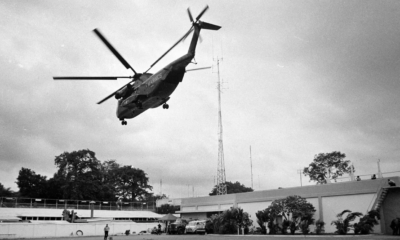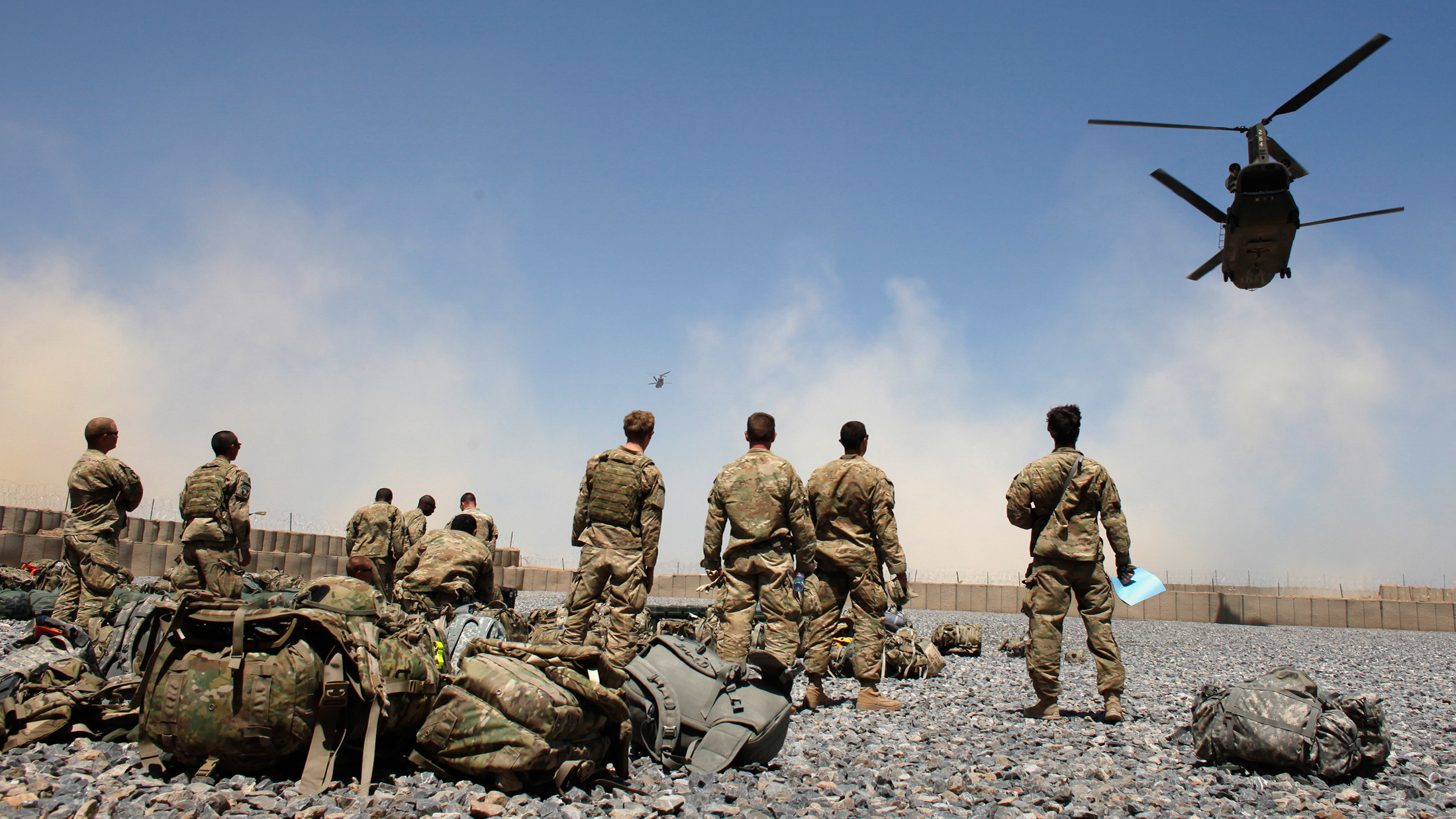Nguyen Manh Hung
The chaotic U.S. evacuation from Kabul airport creates a small cottage industry of critical analyses mostly against the Biden administration from experts of all sorts. Let’s look at one sample: “The Road Not Taken in Afghanistan” by Kori Schake, a foreign policy of the McCain-Palin presidential campaign and currently Director of Foreign and Defense policy at the Republican American Enterprise Institute.
In her article, she made three points that most experts could agree. First, the evacuation was chaotic. Second, American credibility is damaged. Third, Afghanistan is “a marginal U.S. interest,” and the Afghan war was “not in a central front” in a conflict between great powers.
Her critique of the Biden administration is, however, questionable. The thrust of Dr. Schake argument was that Biden did not have to abide by Trump’s agreement with the Taliban to a total withdrawal of U.S. troops by May 1, and continuing American limited support coupled with “redoubled efforts to reduce corruption” could bring about a satisfactory alternative to rapid troops withdrawal.
We must remember the circumstances under which Biden began his presidency. Biden was sworn in on January 20, 2021, after the Trump-instigated January 6 insurrection at the Capitol and continued efforts by the former president and his supporters to overturn the election through the courts and state government actions. The new president faced a political mess at home, just three months before the withdrawal deadline. What could he do?
In Afghanistan at that time, there were only 2,500 U.S. troops left. That number was only half of the 5,000 Taliban fighters Trump forced the Afghan government to release from prison. Reversing Trump’s agreement would bring a violent reaction from the Taliban and require a rapid and massive escalation of American troops to fight what Trump called an “endless and unwinnable war.” Would Republican politicians support such action?
In 2009, two years after Schake claimed the Afghan security forces “born the brunt of losses,” general McCrystal, the American commander in Afghanistan, requested President Obama to give him an additional 40,000 troops to “avoid failure.”
In this context, how can Schake’s proposal of “limited military support” coupled with an anti-corruption drive be a realistic alternative? Furthermore, how can the U.S. prevent corruption of a foreign government? Does she suggest that we occupy and run Afghan affairs?
Guided by the national interest, between the road taken by President Biden and the road advocated by Dr. Schake, which one would you take?

 Politics & Economy4 years ago
Politics & Economy4 years ago
 Politics & Economy2 years ago
Politics & Economy2 years ago
 After 19751 year ago
After 19751 year ago
 Society & Culture5 years ago
Society & Culture5 years ago
 ARCHIVES5 years ago
ARCHIVES5 years ago
 Politics & Economy4 years ago
Politics & Economy4 years ago
 Politics & Economy5 years ago
Politics & Economy5 years ago
 Vietnamese-America4 years ago
Vietnamese-America4 years ago







